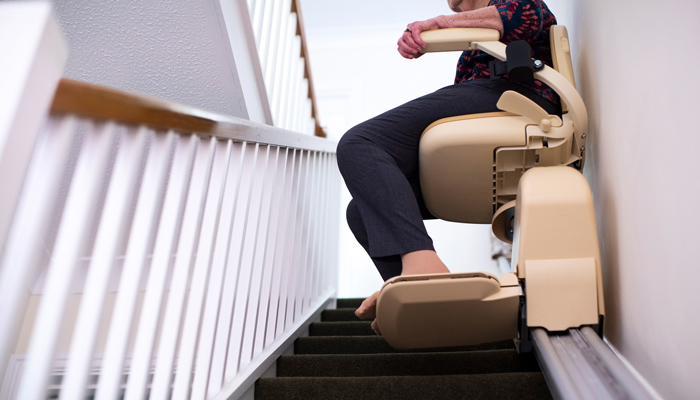Supporting Staff with the Care Certificate
Welcoming new employees to the care sector is a rewarding way to source new staff. As all care workers are required to complete the Care Certificate qualification, it’s important that employers encourage and support new team members as they work through the learning. Successfully completing the certificate not only enables new recruits to take the first step in a career in health and social care, but it also provides invaluable knowledge that will help them to provide compassionate care within your workplace.
The importance of the Care Certificate
The Care Certificate is an introductory qualification for care workers. Designed to ensure that all non-registered health and social care workers adhere to one uniform set of standards, the certificate equips carers with the knowledge and skills to perform their duties to a high level. The certificate takes around 12 weeks for a full-time member of staff to work through and is often required before a probation period in a new role can be successfully completed.
It's important that staff members are clear on why they need to complete the Care Certificate, as this can help to keep them motivated whilst working through it around a busy care role. Ensure that new starters understand just why the Care Certificate is so important to their role.
Once completed, the qualification will have a positive impact on an employee’s day to day experience of working in the care sector, helping them to care for vulnerable clients safely and consistently. Covering elements of care such as safeguarding, fluids and nutrition and communication, the certificate has plenty of relevance in a working environment.
Provide a structured time and space
One of the most common challenges for employees completing the Care Certificate is finding the time to dedicate to their learning. The reality of working in a fulltime care role can leave little time to sit down and study, especially when employees are often required to complete the learning within a set timeframe.
Understandably, employers are most likely unable to allocate time to work on the qualification during an employee’s paid hours, but it is possible to add regular ghost shifts to the weekly rota to provide a structured time and setting for the learning to take place.
Some employees find it helpful to have a set date and time to go to a quiet space in their workplace on a day off and get on with the Care Certificate. If more than one employee is working on it at the same time, consider offering ghost shift sessions for them to enable them to work together. For those who struggle with aspects of the certificate like writing reflective statements, working with a colleague may provide them with helpful support.
Make use of the Care Certificate elearning programme
All health and social care employees can register for the Care Certificate elearning programme. This free resource includes online sessions, assessments and post-session questions to assist learners with their qualification. Each interactive session has been designed to map one of the Care Certificate standards and includes helpful scenarios applicable to real care environments.
Learners will need to register an account on the elearning hub with their work or personal email address. When a course is completed, learners are issued with a certificate of completion, available to download and save or to print. For those struggling to get starting using the elearning resource, a student toolkit is available to download which explains how the certificate will support them in their working role and how to achieve the qualification.
Bring the Care Certificate to life
One of the strongest aspects of the Care Certificate is that it has so much application in everyday care settings. For example, the standard on providing fluids and nutrition encourages learners to explore the importance of encouraging fluids, how to provide them safely and what to do if a care client is reluctant to take adequate fluids.
If training is being provided in the workplace, highlight how particular situations that arise may be relevant to the employee’s learning. This should provide employees with plenty of inspiration for writing their reflective statements at the end of each certificate standard.
Make sure that senior team members are aware of any employees completing their Care Certificate. They are likely to be the ones to offer ongoing training during their first few months in the workplace which can be tied in with the qualification’s theory.
Care home insurance from Towergate
For more information or to get a quote, please call 0330 123 5342 or email our team at newcare@towergate.co.uk. To submit an enquiry form and get a call back, you can also visit our care home insurance webpage.
About the author
 Carolyn Baker-Mellor is a respected industry leader with over 35 years' experience within the care insurance sector.
Carolyn Baker-Mellor is a respected industry leader with over 35 years' experience within the care insurance sector.
Carolyn currently works at Towergate as Head of Care Insurance.
Date: August 11, 2024
Category: Care and Medical












































